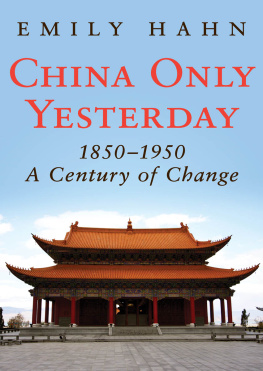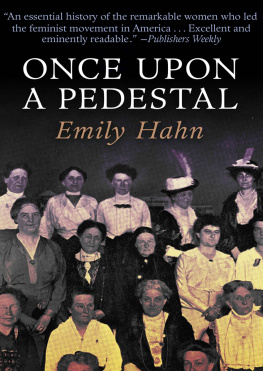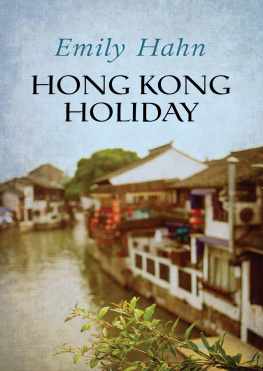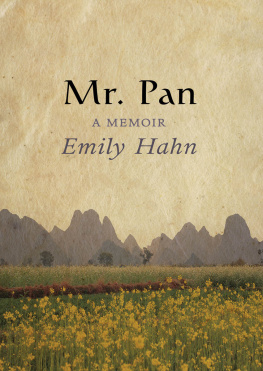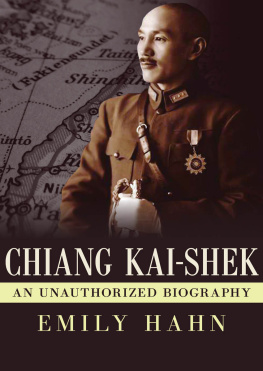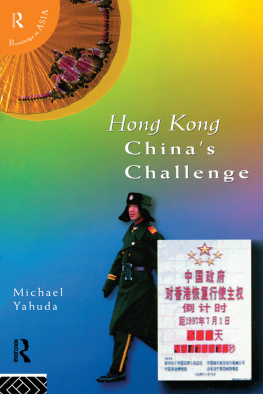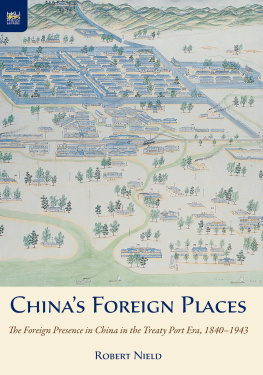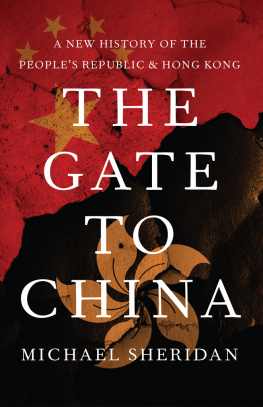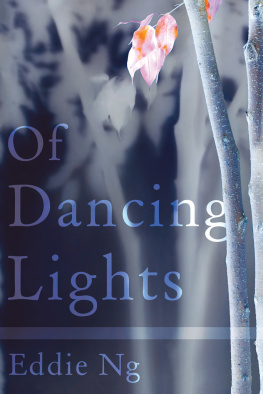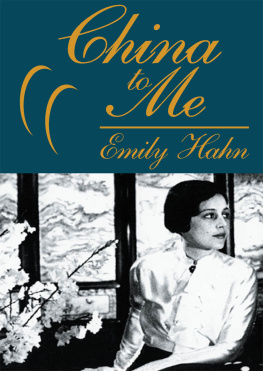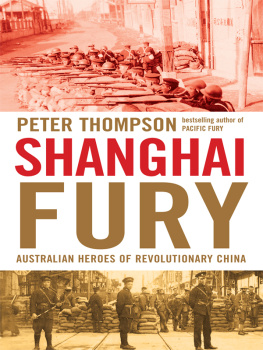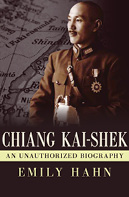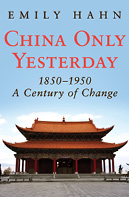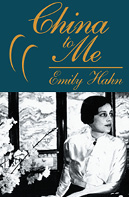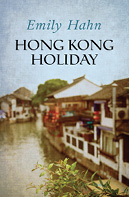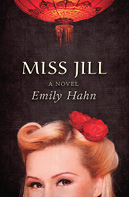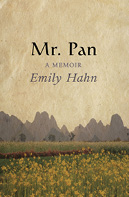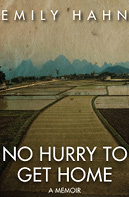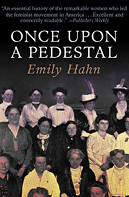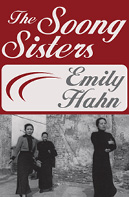Emily Hahn - China Only Yesterday: 1850-1950: A Century of Change
Here you can read online Emily Hahn - China Only Yesterday: 1850-1950: A Century of Change full text of the book (entire story) in english for free. Download pdf and epub, get meaning, cover and reviews about this ebook. year: 2015, publisher: Open Road Media, genre: History. Description of the work, (preface) as well as reviews are available. Best literature library LitArk.com created for fans of good reading and offers a wide selection of genres:
Romance novel
Science fiction
Adventure
Detective
Science
History
Home and family
Prose
Art
Politics
Computer
Non-fiction
Religion
Business
Children
Humor
Choose a favorite category and find really read worthwhile books. Enjoy immersion in the world of imagination, feel the emotions of the characters or learn something new for yourself, make an fascinating discovery.
- Book:China Only Yesterday: 1850-1950: A Century of Change
- Author:
- Publisher:Open Road Media
- Genre:
- Year:2015
- Rating:3 / 5
- Favourites:Add to favourites
- Your mark:
China Only Yesterday: 1850-1950: A Century of Change: summary, description and annotation
We offer to read an annotation, description, summary or preface (depends on what the author of the book "China Only Yesterday: 1850-1950: A Century of Change" wrote himself). If you haven't found the necessary information about the book — write in the comments, we will try to find it.
For centuries, Chinas code of behavior was incomprehensible to Westerners whom the Chinese viewed as irredeemable barbarians. Presenting historical events with an immediacy that makes you feel as if you were there, Hahn takes readers through isolationist Chinas difficult and often costly adaptations to the invasions of Western foreign devils, from the Treaty of Nanking in 1842, which gave the West access to five 5 of Chinas eastern ports, to the British colonization of Hong Kong, the rise of the tea trade, the Opium Wars, the arrival of Christian missionaries, and the Boxer Rebellion.
Hahn also illuminates the revolutionary movement led by Sun Yat-sen, the overthrow of the Ching Dynasty, the escalating tensions between the Communist and Nationalist parties, and the Japanese invasion on the eve of World War IIwhich Hahn witnessed firsthand. The final chapters cover the civil war, which ended with Chairman Maos formation of the Peoples Republic of China and Chiang Kai-sheks retreat to Taiwan. With an insiders knowledge of Chinese culture and the politics, Hahn delivers a sharply observant book that illuminates an unforgettable era in Chinas tumultuous past.
Emily Hahn: author's other books
Who wrote China Only Yesterday: 1850-1950: A Century of Change? Find out the surname, the name of the author of the book and a list of all author's works by series.

